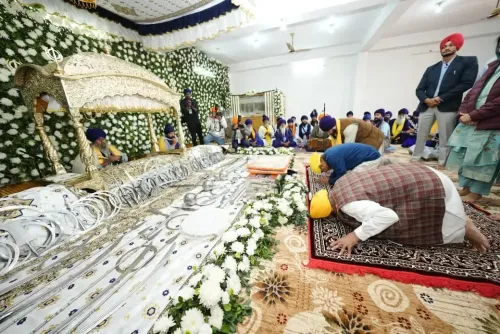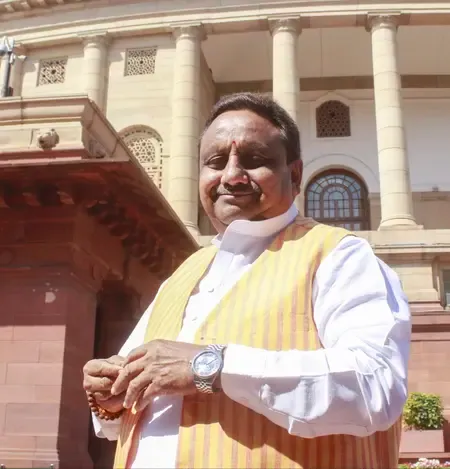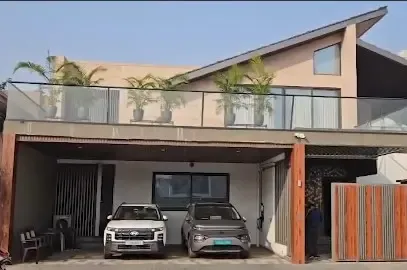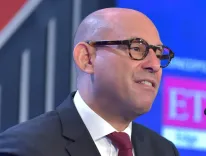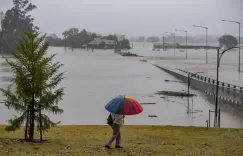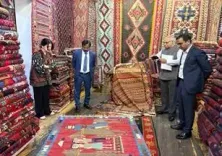Has Politics Become a ‘Family Ltd’ for Mamata Banerjee?
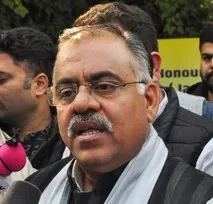
Synopsis
Key Takeaways
- Tarun Chugh criticizes TMC leadership.
- Resignation of Kalyan Banerjee signals party turmoil.
- Chugh questions TMC's democratic integrity.
- Accusations of nepotism and corruption within TMC.
- Praises for Modi's development efforts in Jammu and Kashmir.
New Delhi, Aug 5 (NationPress) BJP General Secretary Tarun Chugh has launched a pointed critique of West Bengal Chief Minister Mamata Banerjee and the Trinamool Congress (TMC), claiming that the party has devolved into a family-run organization.
This statement follows the resignation of senior TMC MP Kalyan Banerjee from his role as the party’s chief whip in the Lok Sabha.
In an interview with IANS, Chugh remarked, “Mamata Banerjee, who once opposed dynasty politics in the 1980s and 1990s, has now become its most prominent figure in Bengal. For her, politics has transformed into ‘Family Ltd’.”
Kalyan Banerjee resigned as TMC’s chief whip on Monday after a public disagreement with fellow party MP Mahua Moitra and prior conflicts with Kirti Azad.
His resignation followed a virtual meeting of TMC MPs led by Mamata Banerjee, and it is viewed as an indication of rising dissatisfaction within the party.
Chugh questioned whether the TMC still functions as a democratic political entity. “Has the TMC exhausted its pool of capable leaders? The party now appears to be entirely centered around one family. The rise of Abhishek Banerjee underscores this. Democracy and organizational integrity have evaporated from the TMC. What remains is a web of family ties, corruption, and power abuse,” he stated.
Furthering his critique, Chugh accused the Mamata Banerjee administration of representing a “combo package of dynasty, corruption, appeasement, jihad, and political instability.”
On a different note, during the sixth anniversary of the abrogation of Article 370, Chugh praised the Narendra Modi government for its initiatives in revitalizing Jammu and Kashmir.
“Even after six years, the Gupkar Gang struggles to accept that Jammu and Kashmir is now associated with development rather than terrorism. Railways have reached remote areas, infrastructure has grown, and connectivity has improved,” he asserted.
He emphasized that Prime Minister Narendra Modi has paid “special attention” to the Union Territory, propelling it “to the forefront of development.”

